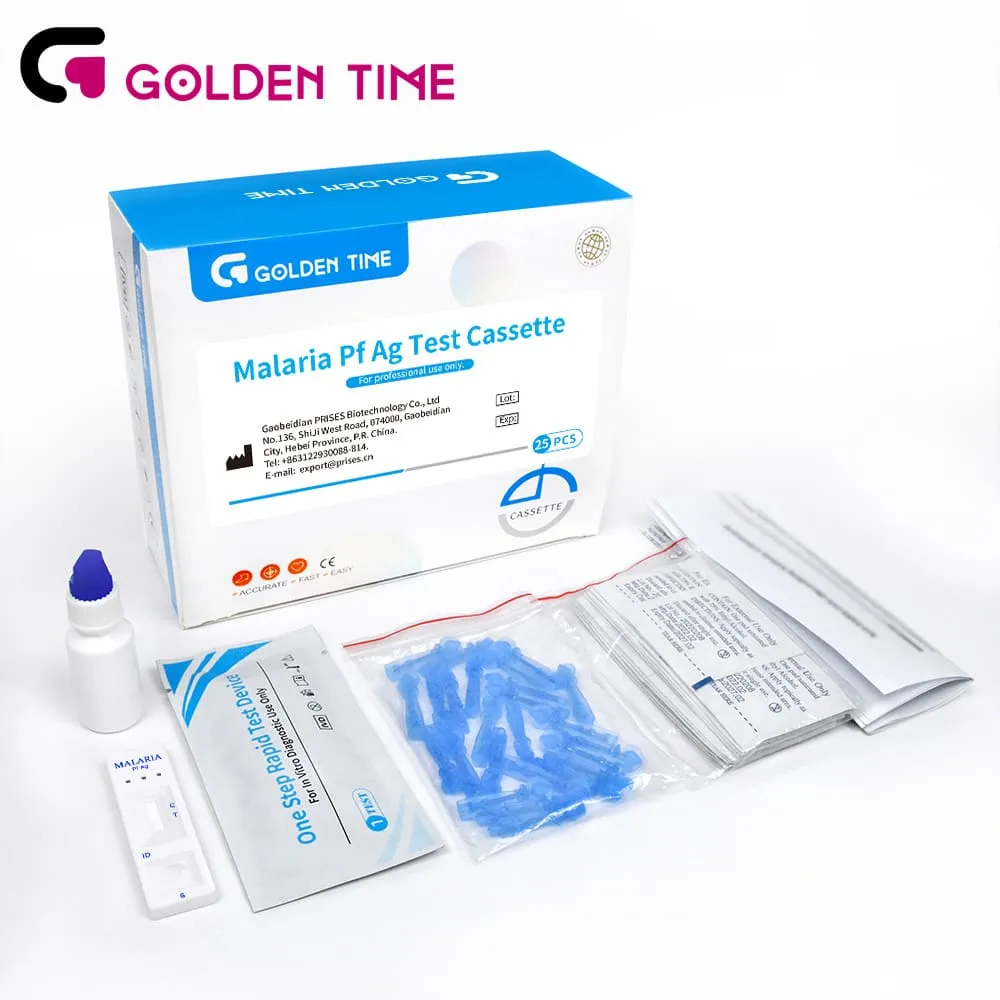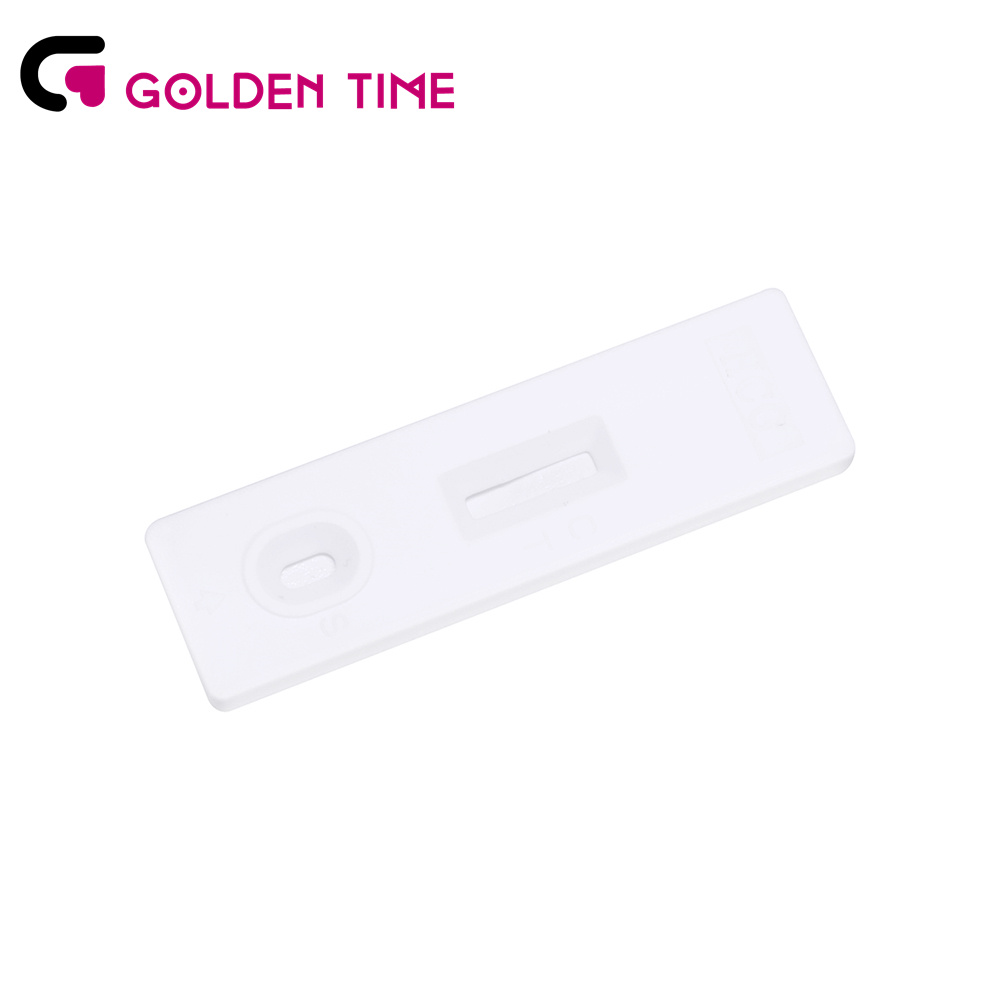Feb . 07, 2025 02:35 Back to list
h. pylori ag rapid test device
When navigating the often confusing landscape of medical diagnostics, you're bound to encounter various tests claiming to identify Helicobacter pylori (H. pylori) infections. As a cornerstone of digestive health management, ensuring you undertake the most effective examination is critical. This article aims to guide you through the best testing options for H. pylori, grounded in both personal experience and authoritative insights from the medical community.
4. Blood Antibody Test A less recommended option due to its inability to distinguish between past and current infections, the blood antibody test detects the presence of antibodies against H. pylori. Though useful in epidemiological studies, personal experience asserts its limited value in clinical diagnostics. However, it still finds a place in settings where other methods are inaccessible. Choosing the Right Test Personalized Expertise Deciding comes down to understanding one's symptoms, lifestyle, and the practical availability of resources. Personal narratives reveal that a combination of tests, rather than reliance on a single procedure, often yields the best diagnostic clarity. Combining the non-invasive nature of the urea breath test with the confirmatory stool antigen test provides comprehensive coverage. Why Trust Matters Elevating Test Choices In elevating your decision-making process, trust becomes paramount. Trust stems from robust clinical studies, expert endorsements, and verifiable patient outcomes. By aligning with diagnostic options that stand up to these stringent criteria, patients ensure they embark on the most informed journey toward health. Beyond Testing The Path Forward Understanding the significance of prompt and accurate H. pylori testing is just the beginning. The next step involves collaborating with healthcare providers to develop personalized treatment strategies that prioritize efficacy and patient comfort. Combining these approaches ensures not just recovery, but sustained wellness. In conclusion, navigating the pathway to diagnosing H. pylori requires more than just picking a test; it demands a synthesis of expertise, authority, trust, and lived experience. By choosing wisely, you're not only ensuring correct diagnosis but forging a path toward better health.


4. Blood Antibody Test A less recommended option due to its inability to distinguish between past and current infections, the blood antibody test detects the presence of antibodies against H. pylori. Though useful in epidemiological studies, personal experience asserts its limited value in clinical diagnostics. However, it still finds a place in settings where other methods are inaccessible. Choosing the Right Test Personalized Expertise Deciding comes down to understanding one's symptoms, lifestyle, and the practical availability of resources. Personal narratives reveal that a combination of tests, rather than reliance on a single procedure, often yields the best diagnostic clarity. Combining the non-invasive nature of the urea breath test with the confirmatory stool antigen test provides comprehensive coverage. Why Trust Matters Elevating Test Choices In elevating your decision-making process, trust becomes paramount. Trust stems from robust clinical studies, expert endorsements, and verifiable patient outcomes. By aligning with diagnostic options that stand up to these stringent criteria, patients ensure they embark on the most informed journey toward health. Beyond Testing The Path Forward Understanding the significance of prompt and accurate H. pylori testing is just the beginning. The next step involves collaborating with healthcare providers to develop personalized treatment strategies that prioritize efficacy and patient comfort. Combining these approaches ensures not just recovery, but sustained wellness. In conclusion, navigating the pathway to diagnosing H. pylori requires more than just picking a test; it demands a synthesis of expertise, authority, trust, and lived experience. By choosing wisely, you're not only ensuring correct diagnosis but forging a path toward better health.
Latest news
-
Dengue NS1 Rapid Diagnostic Test Kit
NewsMar.07,2025
-
Dengue NS1 Rapid Diagnostic Test Kit
NewsMar.07,2025
-
Dengue NS1 Rapid Diagnostic Test Kit
NewsMar.07,2025
-
Transferrin Rapid Test Cassette Tumor Marker TF Card
NewsMar.07,2025
-
Malaria Pf Pan Rapid Diagnostic Test Kit
NewsMar.07,2025
-
malaria pf / pan ag rapid test
NewsMar.07,2025

